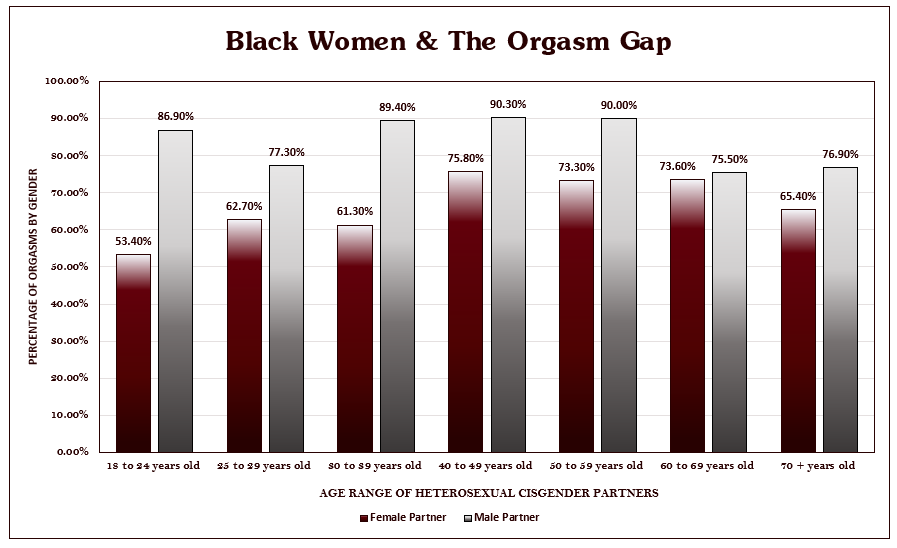Black Women's Sexual Pleasure, How Does It Measure
Black women in today’s society rarely receive formal sexual education, and fewer, if any, learn about sexual pleasure in these settings. As a former Human Sexuality instructor, the pleasure was often missing from sexuality education materials and sex-positive information related to the sexual experiences of Black women. It was vital for me to change the narrative of how Black women’s sex lives have been portrayed in sexology.
In 2018, the National Survey of Sexual Health and Behavior highlighted aspects of sexual health and reported experiences among the U.S. population. There were a total of 980 Black women aged 18-92 years who participated. Data from this study revealed that the majority of Black adult women who engaged in partnered sex in the past year identified as heterosexual (92.2%), had male partners (95.6%), and reported their partners as a spouse or significant other (74.4%).
Let’s Talk About Pleasure!
Across all age groups, 45.6% of Black women said their most recent partnered experience was highly pleasurable.
This pleasure rating was reported by the following age cohorts, as shown in the below graph:
The Orgasm Gap
This study also revealed orgasm gaps between Black women and their partners. Overall, 66.8% of Black women reported an orgasm during their recent partnered sexual experience, yet 85.6% said their partners had an orgasm.
The following graph shows the discrepancies between heterosexual cisgender Black women and their partner(s) throughout their lifespan:
Shown below, are the Orgasm Gap results by each age cohort:
● 18-24 year old, 53.4% reported an orgasm vs. 86.9% of their partners = 33.5% gap
● 25-29 year old, 62.7% reported an orgasm vs. 77.3% of their partners = 14.6% gap
● 30-39 year old, 61.3% reported an orgasm vs. 89.4% of their partners = 28.1% gap
● 40-49 year old, 75.8% reported an orgasm vs. 90.3% of their partners = 14.5% gap
● 50-59 year old, 73.3% reported an orgasm vs. 90.0% of their partners = 16.7% gap
● 60-69 year old, 73.6% reported an orgasm vs. 75.5% of their partners = 1.9% gap
● 70+ year old, 65.4% reported an orgasm vs. 76.9% of their partners = 11.5%% gap
Black Women’s Sexual Pleasure Throughout Life
The most significant orgasm gap exists among Black women aged 18-24 years old, and the smallest gap exists among Black women aged 60-69 years old. When looking at this information, it is essential to keep in mind that Black women are engaging in sexual activity across their lifespan and may look different for each age group. Nevertheless, we still have work to do related to educating each other about sexual pleasure, improving sexual communication with partners, and shrinking the orgasm gap across all age groups.
February is Black History Month! So, Lala's Bedtime Tales wants to support equity and equality by highlighting sexual & reproductive health issues that are prevalent in African American/Black Women during this month. The Sexual Health & Wellness corner will have monthly articles dedicated to continuous education on living a positive and sexually healthy lifestyle. Subscribe to Lala’s Bedtime Tales Newsletter and follow @LalasBedtimeTales on social media to never miss any sexual education to help you live the healthiest life possible. Also, check out the Lala’s Bedtime Tales Podcast and Lala’s Oh So Exclusive Patreon account for even more content! If you’re browsing for sexy pleasure products or cute giftable items, then check out Lala’s Pleasure Shop.
Lala's Bedtime Tales Disclaimer
The content displayed on this website is the intellectual property of Lala's Bedtime Tales "The Creator." You may not reuse, republish, or reprint such content without our written consent.
The subject matter on Lala's Bedtime Tales is provided by licensed medical providers and from reputable sources but is meant for educational and informative purposes only. It is not meant to be used for self-diagnosing or self-treatment of any health-related conditions. While the information has been peer-reviewed by a licensed healthcare provider for accuracy, we cannot guarantee any inaccuracies as healthcare is rapidly evolving. This information should not be used to substitute in-person professional medical advice. The Creator is not responsible or liable for any damages, loss, injury, or any negative outcomes suffered as a result of personal reliance on the information contained on this website. The Creator also makes no guaranteed positive outcomes. Information is also subject to change as needed without notice, and "The Creator" reserves the right to do so.
Please consult with your healthcare provider before making any healthcare decisions and ask about guidance for specific health conditions. Please do not disregard the advice of your healthcare provider or delay seeking care for health care conditions.






